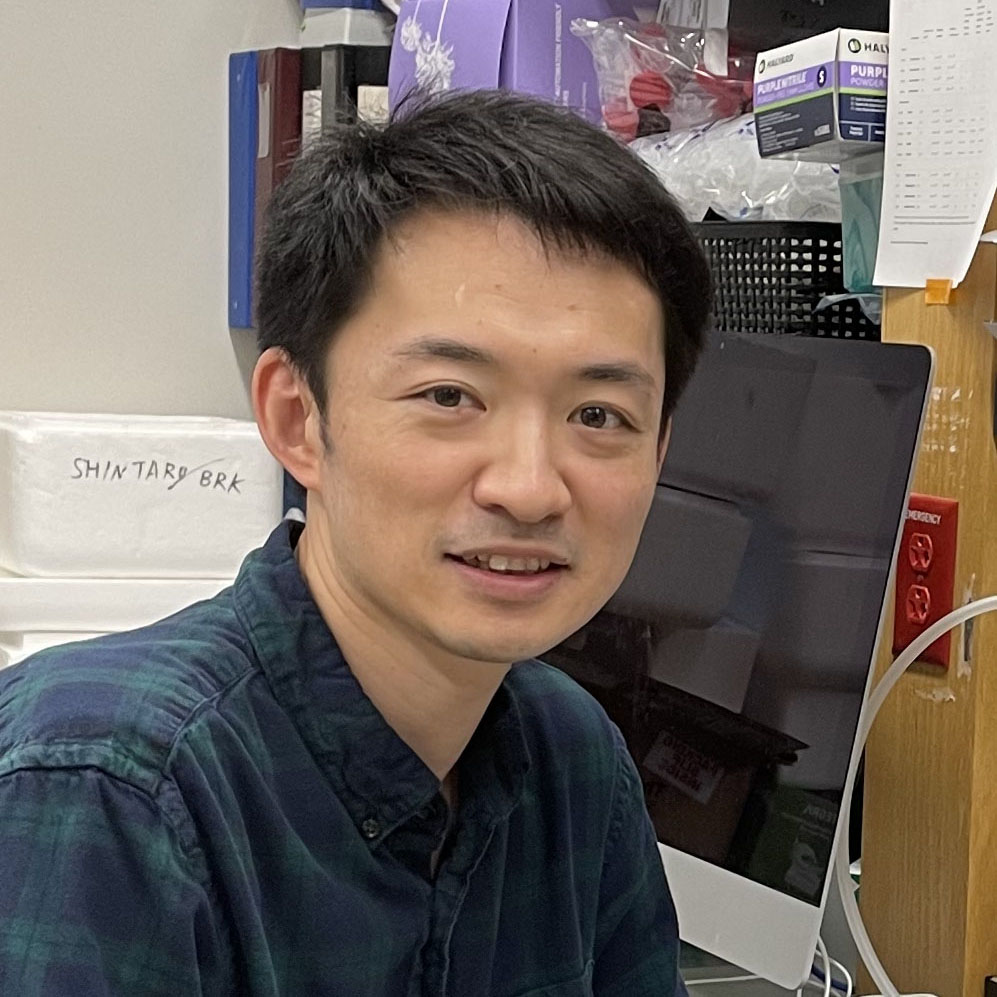The Development of a Transplant-Independent Therapy for RPE Dysfunction
Principal Investigator
Mentors
-

Bruce Ksander, PhD
Project Goals
The research team hypothesizes that epigenetic reprogramming of dysfunctional retinal pigment epithelium cells will reverse the biological age of the cells, ultimately improving visual function.
Project Summary
Aging is a critical risk factor for developing age-related macular degeneration (AMD), which implies that young retinal pigment epithelium (RPE) cells can successfully combat the underlying causes of AMD. Conversely, as RPE cells age, they undergo alterations, rendering them more susceptible to AMD pathogenesis. Dr. Shirahama’s team found that epigenetic reprogramming through OSK (Oct4, Sox2, and Klf4) transduction could reverse the cellular biological age and restore function. Therefore, if they can reverse the biological age of RPE cells, these younger cells could successfully combat the disease, stopping further progression and restoring functional vision.
Publications
First published on: August 02, 2024
Last modified on: December 22, 2024
